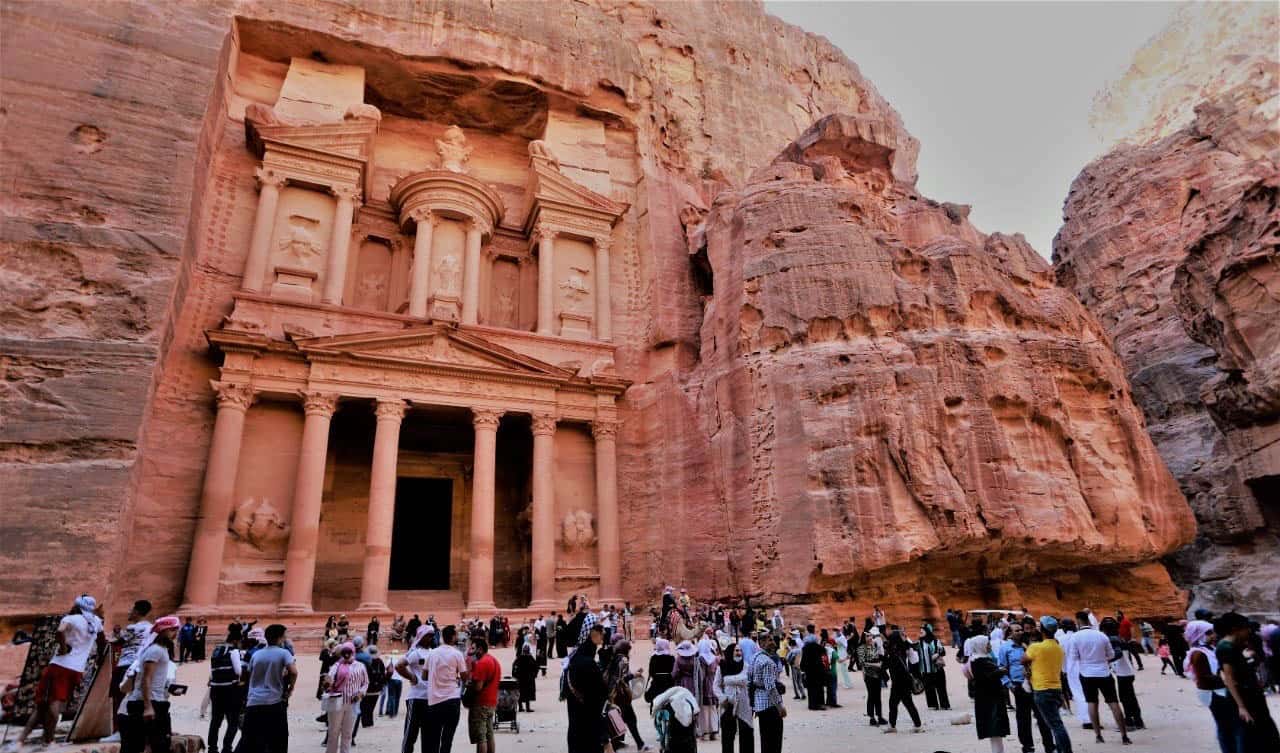Dubai, UAE – The Middle East’s tourism sector is poised for unprecedented expansion, with a new report predicting a 50 percent surge in travel spending by 2030, reaching nearly $350 billion.
The ATM Travel Trends Report 2025, compiled by Tourism Economics for Arabian Travel Market (ATM), highlights the region’s rapid recovery and future dominance in global tourism, driven by business travel, luxury hospitality, and major sporting events.
Key Growth Projections
The report reveals that Middle East tourism spending is expected to exceed pre-pandemic (2019) levels by 54 percent in 2025, with an annual growth rate of over 7 percent through 2030. This growth outpaces many global markets, cementing the region’s position as a leading travel hub.
Danielle Curtis, Exhibition Director ME at Arabian Travel Market, said: *“The Middle East’s travel sector is witnessing incredible momentum, fueled by bold national visions, mega-developments, and improved air connectivity. Annual growth averaging over 7 percent through 2030 reflects the region’s strategic investments in tourism.”*
Inbound & Outbound Travel on the Rise
Inbound travel from outside the region is projected to grow by 13 percent annually until 2030. Outbound business travel is forecast to increase by 9 percent per year, with Saudi Arabia and Egypt leading regional departures. European markets account for 50 percent of leisure travel to the Middle East, with the UK and India as the top two source markets.
China’s leisure spending is expected to skyrocket by 130 percent by 2030, making it a crucial growth market.
Luxury Tourism & Aviation Expansion
The Middle East is solidifying its reputation as a luxury travel hotspot, attracting high-net-worth visitors who spend 60 percent more on premium experiences compared to other destinations. Currently, the region boasts over 170 luxury hotels, with nearly 100 located in Abu Dhabi and Dubai and 22 more in development. Saudi Arabia’s giga-projects, including NEOM and the Red Sea resorts, will further elevate the region’s luxury appeal. The aviation sector is also undergoing massive expansion, with Emirates, Etihad, Qatar Airways, and Saudia placing orders for 780 new aircraft from Boeing and Airbus. This fleet expansion underscores the region’s ambition to become the global aviation hub of the future.
Sports and Business Tourism Boom
Following the success of the 2022 FIFA World Cup in Qatar and Dubai Expo 2020, the Middle East is emerging as a global events powerhouse. The report predicts:
Sports tourism will grow by 63 percent, driven by events like the 2034 FIFA World Cup in Saudi Arabia.
Golf, motorsports, football, and esports are gaining traction, boosting hotel and flight demand.
Business travel spending will grow 1.5 times faster than the global average, supported by the region’s strategic location between Asia, Africa, and Europe.
ATM 2025
The Arabian Travel Market 2025 event in Dubai saw record attendance, with 55,000 industry professionals from 166 countries—a 16 percent increase from 2024. Two new zones, IBTM@ATM (focused on business travel) and the Innovation Zone (showcasing travel tech), were introduced to meet growing demand for next-generation tourism solutions.








